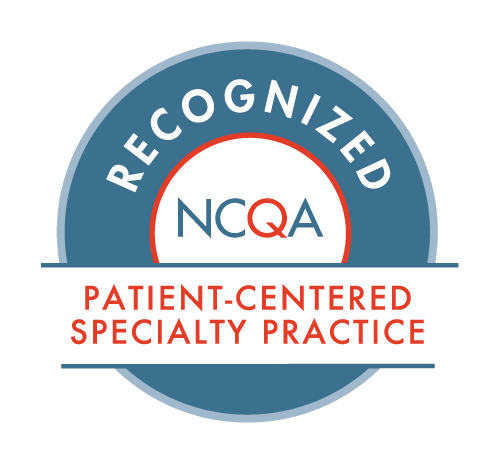Peripheral Arterial Disease
- Posted on: Jan 15 2019
When your extremities don’t receive enough blood, you have a condition known as peripheral arterial disease (PAD). It’s a common circulatory problem where the patient’s narrowed arteries are reducing blood flow to the limbs.
PAD has its own symptoms, such as pain when walking, but it’s usually a sign of more widespread accumulation of fatty deposits in the arteries. We diagnose and treat PAD at Hunterdon Cardiovascular Associates.
What are the symptoms of PAD?
Many people don’t have any symptoms when they have this condition. Others have pain when walking, clinically known as claudication. Claudication has specific symptoms, such as muscle pain or cramping in either your legs or arms. This is brought on by activity and goes away after a few minutes of rest. The most common location for claudication is the calves.
These are other symptoms of PAD:
- Painful cramping in one or both of the hips, thighs, or calves when climbing stairs, walking, or otherwise using your legs
- Leg numbness or weakness
- Coldness in the lower leg or foot, usually when compared side to side
- Sores on the toes, feet, and legs that are stubborn to heal
- Color changes in the skin on the legs
- Hair loss on the feet and lets
- Slower growth of toenails
- Shiny skin on the legs
- Weak pulse in the legs and feet
- Erectile dysfunction in men
What is causing my PAD?
Peripheral arterial disease is usually caused by atherosclerosis. In atherosclerosis, fatty deposits called plaques build up on the artery walls, narrowing the effective width of the artery and reducing blood flow. People usually think of atherosclerosis when it comes to the heart, but it can happen anywhere in the body. In the limbs, it causes PAD.
What makes me more at risk for developing PAD?
Certain lifestyle choices and genetic predispositions can impact a person’s probability for developing PAD:
- Smoking
- Diabetes
- Obesity
- High blood pressure
- High cholesterol
- Being over the age of 50
- A family history of PAD or heart disease
If you have any of the symptoms of PAD, we need to see you at Hunterdon Cardiovascular. Call us at (908) 788-1710 to make your appointment.
Posted in: Peripheral Vascular Diseases



